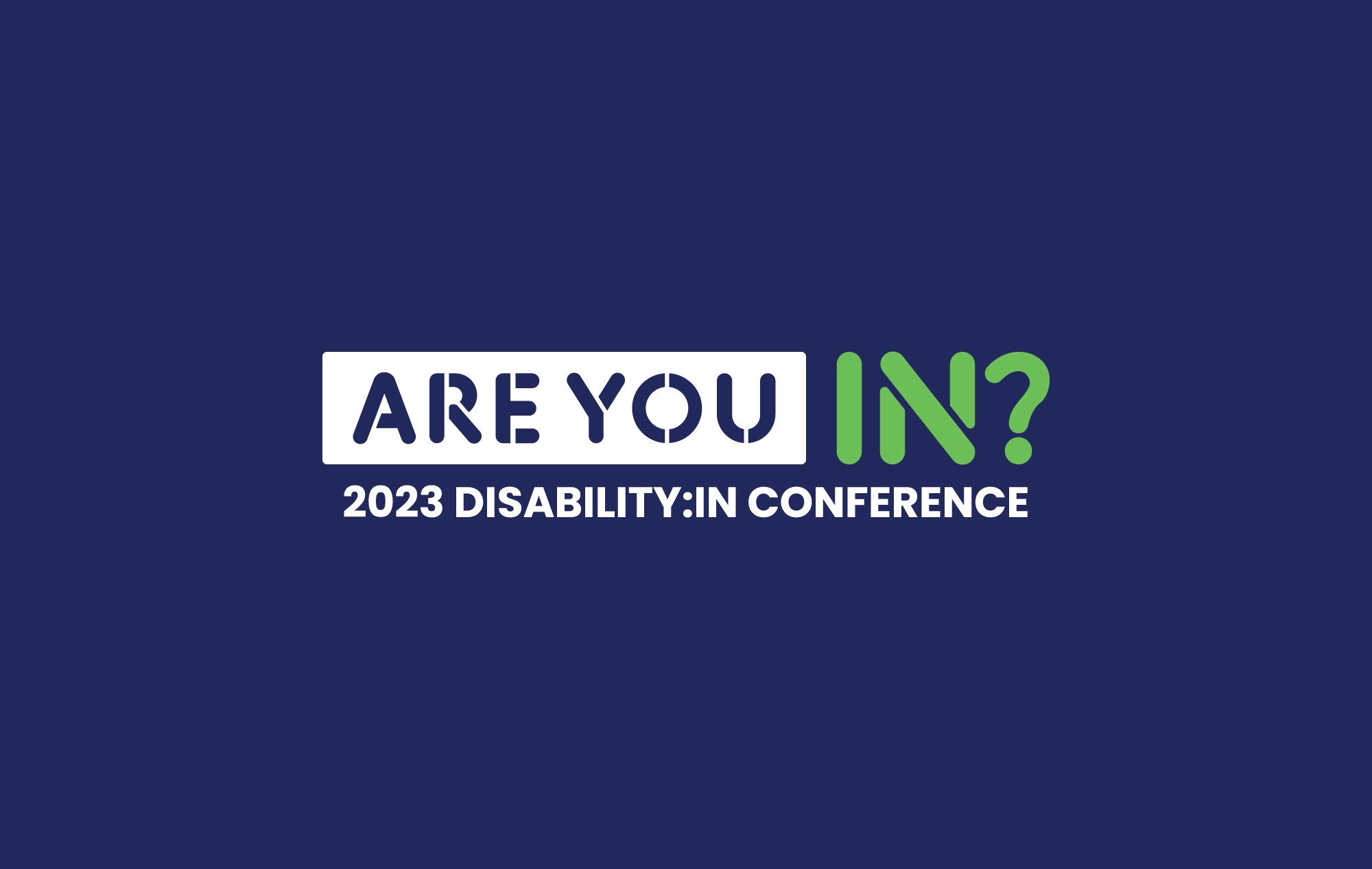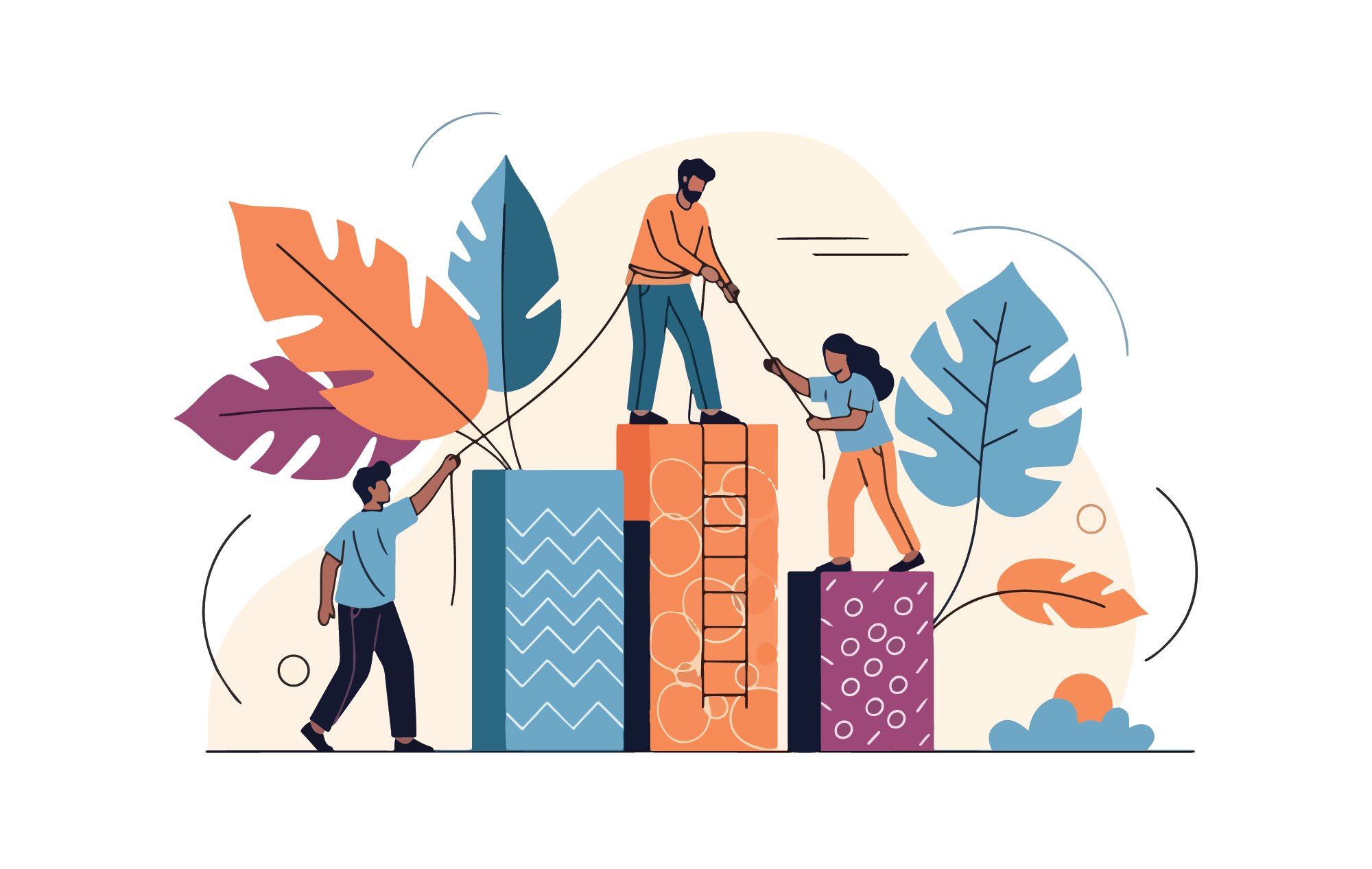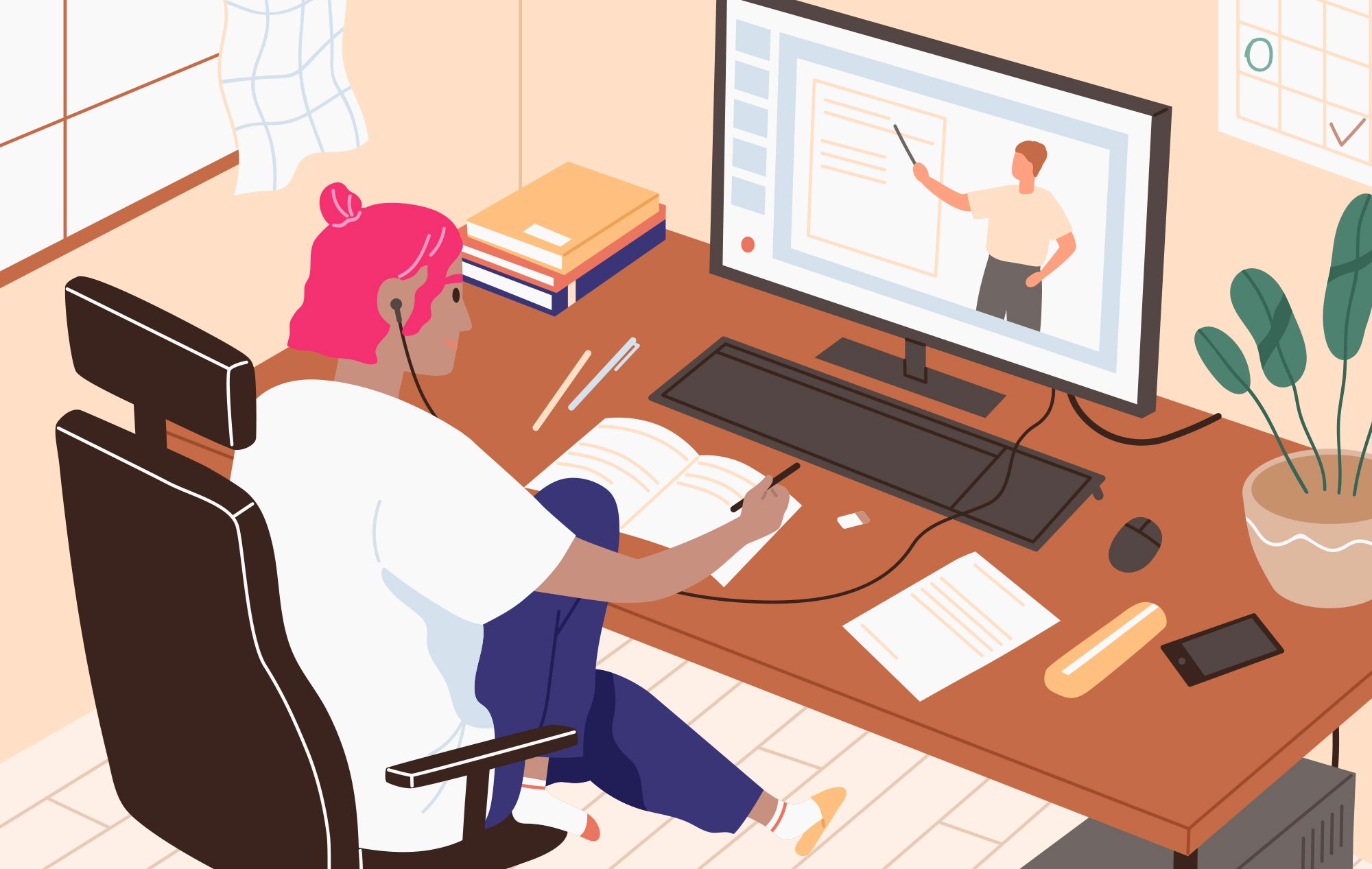Arguably one of the largest and most impactful global disability and inclusion events of the year took place in Orlando, Florida in July.
Organized by Disability:IN, a nonprofit resource for business disability inclusion worldwide, the annual conference tapped into its network of more than 500 corporations and 25 affiliates. The event brought together professionals with disabilities, activists, and allies from all over the world to discuss effective change for people with disabilities and other accessibility issues.
Lucia Rios, a Workforce Navigators associate at Salesforce who attended the conference, says the event is important because conversations regarding disabilities “aren’t always on the radar” when talking about diversity, equity, and inclusion. “So it's just really great that disability is being very invested into as well by all these other different companies,” she adds.
Along with expert panels, breakout sessions, and presentations, participants had the opportunity to see performances from multi-award-winning artist Lachi, “America’s Got Talent” winner Kodi Lee, acclaimed hip hop recording artist Warren “Wawa” Snipe, and musical artist Deaf DJ Kazeem.
Disability:IN is also known for its Disability Equality Index, a comprehensive evaluation of how businesses are faring in accessibility and inclusion. It has become “the leading independent, third-party resource for benchmarking disability inclusion policies and programs inside corporate America, and is now trusted by more than 70% of the Fortune 100 and nearly half of the Fortune 500,” according to its 2023 index.
Rios and Joanna Del Orbe Mejia, a communications and enablement specialist at Salesforce, spoke with InclusionHub about their experience at the conference, both as participants and panelists.
Highlights from Disability:IN 2023
Del Orbe Mejia describes the event as “a place where we have the opportunity to showcase our work around accessibility and inclusion and also learn about other companies’ accessibility assets and technology.” She called it a powerful way to learn “what other companies are doing to incorporate disability inclusion into the workplace.”
It’s a testimony to the many reasons businesses should care about accessibility.
Rios and Del Orbe Mejia also participated in a panel focused primarily on social etiquette surrounding disabilities in the workplace.
“I think it's really empowering that companies are taking a vested interest in this, and actually devoting three to four days to connecting with each other and talking about disability and inclusion,” says Rios, a professional with 15 years of experience as a community access specialist.
The Importance of Inclusive & Accessible Language
As with many conversations surrounding accessibility and inclusion, determining which language and how best to communicate was front and center. For people aspiring to be better allies, it can be challenging staying up to date on the language people with disabilities prefer.
“I think there's still so much stigma around disability and how to interact with people with disabilities, what to ask,” explains Rios. “Our language is always changing. So I think it was just a good learning opportunity for all of us.”
Although a seasoned accessibility professional and having spent decades interacting with others from within the disability community, she acknowledges how enlightening Disability:IN can be for any who attend.
“I learned a lot on the panel,” she says, and credits that to the “honest conversations” about disabilities issues, despite how often people “try to tiptoe around you. This was actually a very candid conversation that we could have regarding our own experiences.”
To get a representative sample of the disability community, their panel featured a man who was deaf, someone with vision loss, Rios, who uses a wheelchair, and Del Orbe Mejia, who has an invisible disability. While each person could only speak from their own personal experience, Rios says “it was really good to get some of the different aspects of what etiquette meant for different people and how they connect with others.”
Approaching Disability With Authenticity
Throughout the discussions, Rios reflects on how impactful experiencing shared solidarity with other professionals living with disabilities was.
Although disability is an important aspect of a person’s identity, it’s only a part of it, she says. “We are not just that. We are more than our disabilities. We are capable of doing a lot of things in our own authentic way, and there is often not a right or wrong way to do things. It is just the correct one for you.”
Reflected in the activist refrain “nothing about us without us,” the conference emphasized the importance of disability representation for Del Orbe Mejia, particularly in regard to authentic marketing efforts.
“We need people with disabilities to talk about people with disabilities, to promote a real message,” she says. “I would love for companies to know what authentic representation looks like, for them to learn the different ways we can incorporate it into our marketing campaigns.”
But representation is about more than portrayals on social media and websites. It must be coupled with other tangible changes within companies, Mejia argues.
“That's the real message we need to put out there so the companies can learn, improve accessibility and accommodations, and make implementations that allow people with disabilities to be their own authentic self at work,” she says. “Let's show those real stories about our employees with disabilities.”
Respecting Another Person’s Language Preferences
Given the dynamic nature of language and the variety in linguistic preferences throughout the disability community, it can be challenging knowing how to talk about disabilities. While you may have a preferred way of identifying, it’s best to lean on the language other people living with disabilities prefer—even if you may disagree, explains Rios.
“If someone refers to themselves as a wheelchair user, I can't say, ‘Well, no, actually you need to use this language,’” she says. “How could I tell you how you can identify? Some people use person-first identity, some people don't. Knowing that there is a difference and nuances within that language, we need to not tell others with disabilities how they should refer to themselves.”
In her view, it’s no different than how many approach gender identity.
“It’s just like when people talk about pronouns. I don't go and tell someone that they have the wrong pronouns,” she adds “We need to respect how people refer to themselves.”
Being a More Inclusive Ally
If you can’t find an appropriate or effective way to ask a person how they prefer to identify, it’s best to take note during conversations of how they refer to themselves, Rios says: “I always try to listen to how someone identifies themselves first, and then follow their lead.”
Notably, while it’s important to use the language people prefer for identifying themselves, you should only draw attention to it if their disability holds relevance to your conversation. Otherwise, bringing up another person’s disability can feel dehumanizing or othering.
For example, a person’s disability may be relevant to ensuring accessible program design or understanding what kind of accommodations they may need. But it’s frequently irrelevant in many social settings, Del Orbe Mejia explains.
“When I'm socializing with people, you're just a person,” she says. “You're another human. It’s not usually relevant to mention if you have a disability or not.”
In the case of offering an accommodation, she says it’s best to ask a general question that doesn’t draw attention to their specific disability: Is there something I can do to support you or make you feel more comfortable?
“I don't need to ask if you have a disability or even what it is,” she continues, “especially if I know it is not relevant.”
Experiencing Solidarity & a Sense of Community
In addition to the many conversations and fruitful exchanges of ideas, one of the more emotionally resonant aspects of this year’s Disability:IN conference was the solidarity and sense of community many experienced.
For Del Orbe Mejia, it was a relief to be around others who understood how exhausting having a disability can be in most professional settings.
“I have an invisible disability,” she says. “The experience was really good for me because I didn't have to explain a lot of things to get what I needed.”
Plus, participating in a gathering of so many professionals with disabilities meant mutual assistance was abundant, without the awkwardness that sometimes accompanies asking non-disabled peers for help.
“People were there supporting each other,” Del Orbe Mejia says. “It felt natural to talk about disabilities. I felt I was in a safe space. I could talk about my disability because people were paying attention to me, understanding, trying to accommodate me. We need to work so hard to create these safe spaces in society and on a daily basis.”
Salesforce is a founding partner of InclusionHub, a resource for digital accessibility, dedicated to helping businesses prioritize digital inclusion. You can learn more about accessibility and inclusion in the workplace by visiting Salesforce’s a11y website.





Leave a Comment